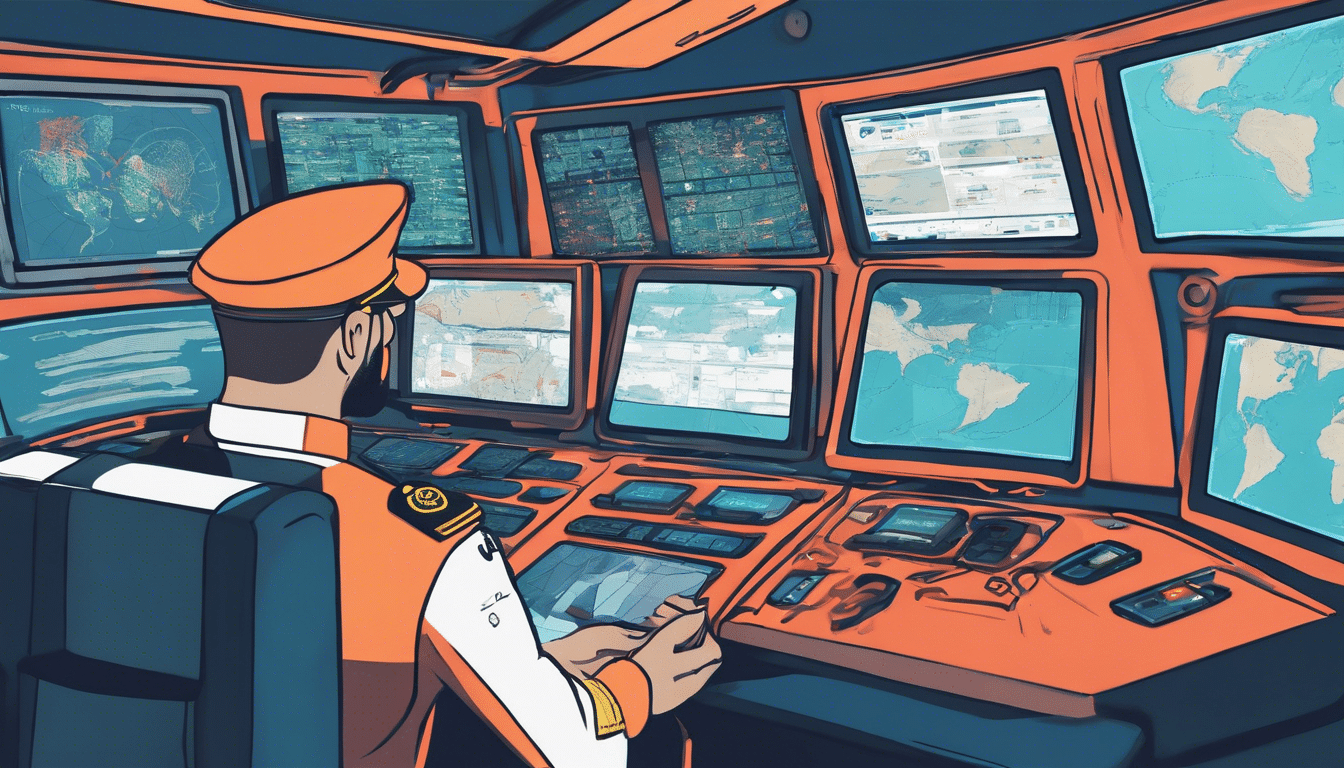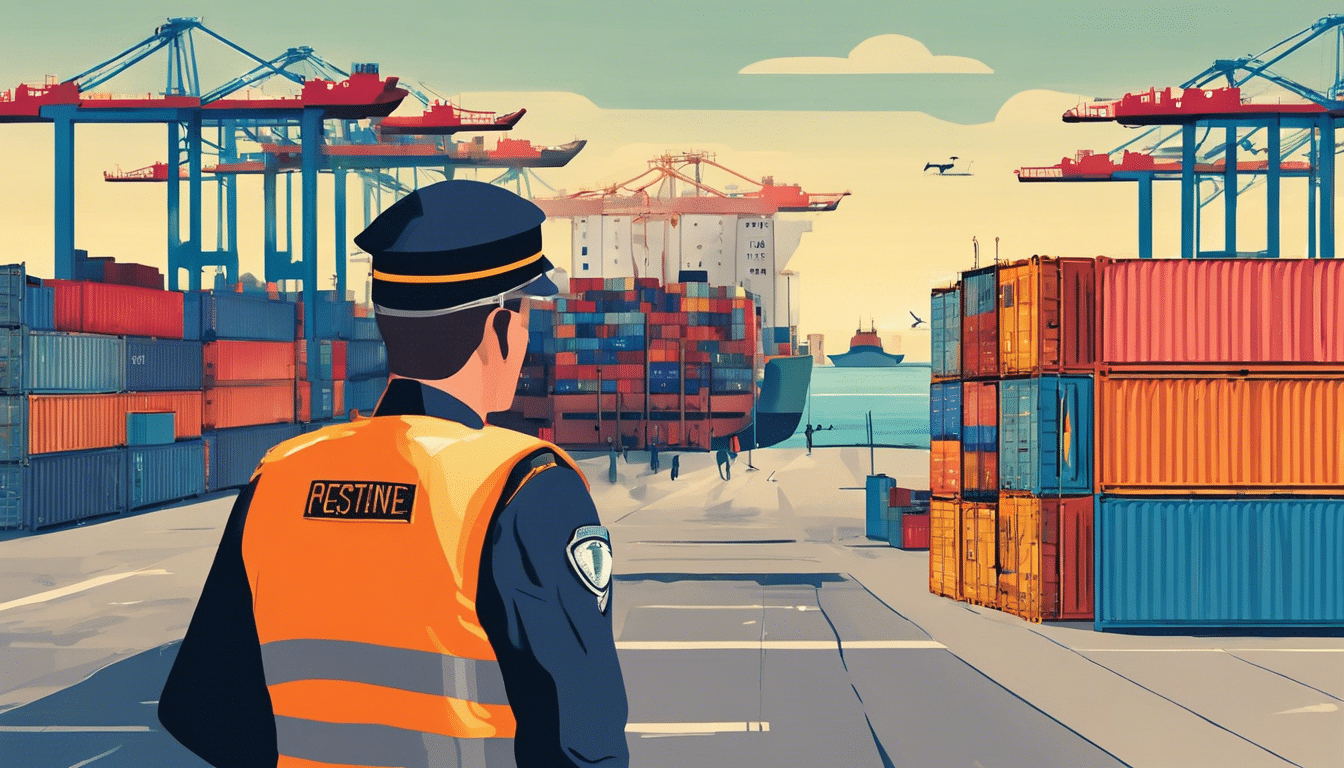In the evolving landscape of maritime safety and security, the role of a Ship Security Officer (SSO) has become increasingly crucial. As vessels navigate international waters, they face various threats, making security measures paramount. This article will guide you through the comprehensive process of how to become a certified Ship Security Officer, detailing essential prerequisites, necessary steps for certification, and the importance of ongoing education in this dynamic field. Whether you’re an aspiring maritime professional or looking to enhance your expertise, understanding the path to certification will empower you to contribute effectively to ship security.
Learn More About Our Courses Here!
Key Takeaways
- A Ship Security Officer plays a crucial role in ensuring the safety and security of vessels and their crew.
- Aspiring applicants must meet specific prerequisites, including prior maritime experience and relevant training.
- The certification process involves several key steps, including coursework, examinations, and practical assessments.
- Ongoing education is essential for Ship Security Officers to keep abreast of evolving security threats and regulations.
- Professional development opportunities can enhance career prospects and expertise in maritime security.
Understanding the Role of a Ship Security Officer
In today’s increasingly complex maritime environment, understanding the role of a Ship Security Officer (SSO) is essential for anyone aspiring to ship security management. The SSO is tasked with maintaining the safety and security of vessels against various threats, ensuring compliance with international maritime security regulations, such as the International Ship and Port Facility Security (ISPS) Code. To effectively fulfill these responsibilities, one must learn how to become a certified Ship Security Officer. This involves completing designated training courses that cover key areas, including risk assessment, emergency response protocols, and the implementation of security plans. By obtaining certification, maritime professionals not only enhance their career prospects but also contribute to safer shipping practices on a global scale. The growing demand for qualified SSOs highlights the importance of this role within the maritime industry, making it a vital career path for those passionate about marine safety and security.
Prerequisites for Certification
Becoming a Certified Ship Security Officer (SSSO) requires meeting specific prerequisites that ensure candidates are adequately prepared for the responsibilities of this crucial role. Firstly, individuals must possess a solid understanding of the International Ship and Port Facility Security (ISPS) Code, which forms the foundation for maritime security operations. Prior experience or training in maritime security, safety management, or relevant military experience is often advantageous. Additionally, candidates typically need to complete a recognized Ship Security Officer course, which covers essential topics such as security assessments, threat identification, and emergency response procedures. Moreover, ensuring compliance with your flag state’s requirements is critical, as certification may vary slightly depending on local maritime regulations. By aligning your qualifications with these prerequisites, you’ll be well on your way to figuring out how to become a Certified Ship Security Officer and effectively contribute to safeguarding vessels from security threats.
‘In every job that must be done, there is an element of fun. You find the fun, and snap! The job’s a game!’ – Mary Poppins
Learn More About Our Courses Here!
Steps to Achieve Certification
To understand how to become a certified ship security officer, it is essential to follow a structured series of steps that ensure you meet the necessary qualifications and gain the required knowledge. Firstly, aspiring candidates must complete basic maritime security training that complies with the International Ship and Port Facility Security (ISPS) Code. This usually includes a comprehensive course that covers the critical aspects of ship security management and protocols. After completing the initial training, candidates should then proceed to undertake the Ship Security Officer (SSO) training course, which is typically offered by recognized maritime training institutes. This course not only provides in-depth knowledge about the roles and responsibilities of a security officer but also focuses on risk assessment techniques and emergency response strategies. Once the training is completed, candidates must pass an assessment to demonstrate their competency. Some organizations might also require relevant sea service experience as a prerequisite to earn certification. Finally, upon meeting all educational and experiential criteria, you can apply for certification through an authoritative body in your country. By following these steps diligently, you can successfully navigate the process of how to become a certified ship security officer, thereby contributing to safer maritime operations.
Continuing Education and Professional Development
Continuing education and professional development are vital for those pursuing careers within the maritime industry, particularly for those interested in specialized roles such as a Certified Ship Security Officer (CSSO). To effectively learn how to become a Certified Ship Security Officer, candidates must first understand the pivotal importance of security in maritime operations. This includes formal training programs designed to enhance skills related to ship security assessments, risk analysis, and emergency response protocols. Many institutions offer courses that comply with the International Maritime Organization’s (IMO) guidelines, which are crucial for certification. Moreover, aspiring CSSOs should seek out workshops, seminars, and webinars that address the latest trends in maritime security, allowing them to stay updated on changing regulations and technologies. Engaging with professional networks and maritime organizations can also provide valuable resources, mentorship opportunities, and insights into best practices. Ultimately, investing in ongoing education will not only prepare individuals to meet the rigorous standards required to become a Certified Ship Security Officer but will also empower them to contribute effectively to the safety and security of shipping operations globally.
About Virtual Maritime Academy
Virtual Maritime Academy is a leading provider of online maritime education and training, offering a wide range of courses designed to meet the needs of the global maritime industry. With a commitment to quality and innovation, Virtual Maritime Academy is dedicated to preparing seafarers and maritime professionals for success in their careers. Now a DNV Certified Maritime Training Provider, the academy upholds the highest standards of excellence in training and education.
















